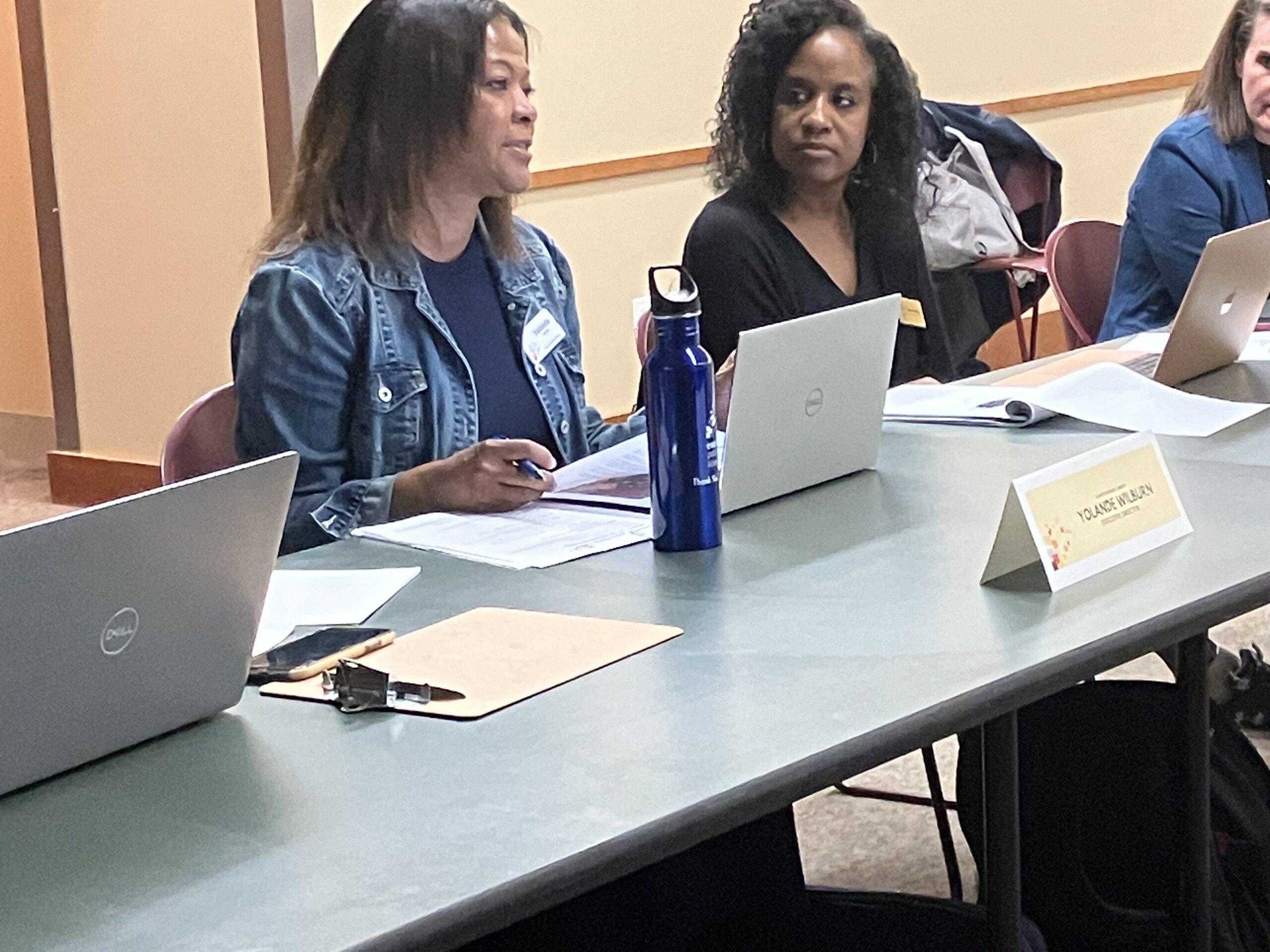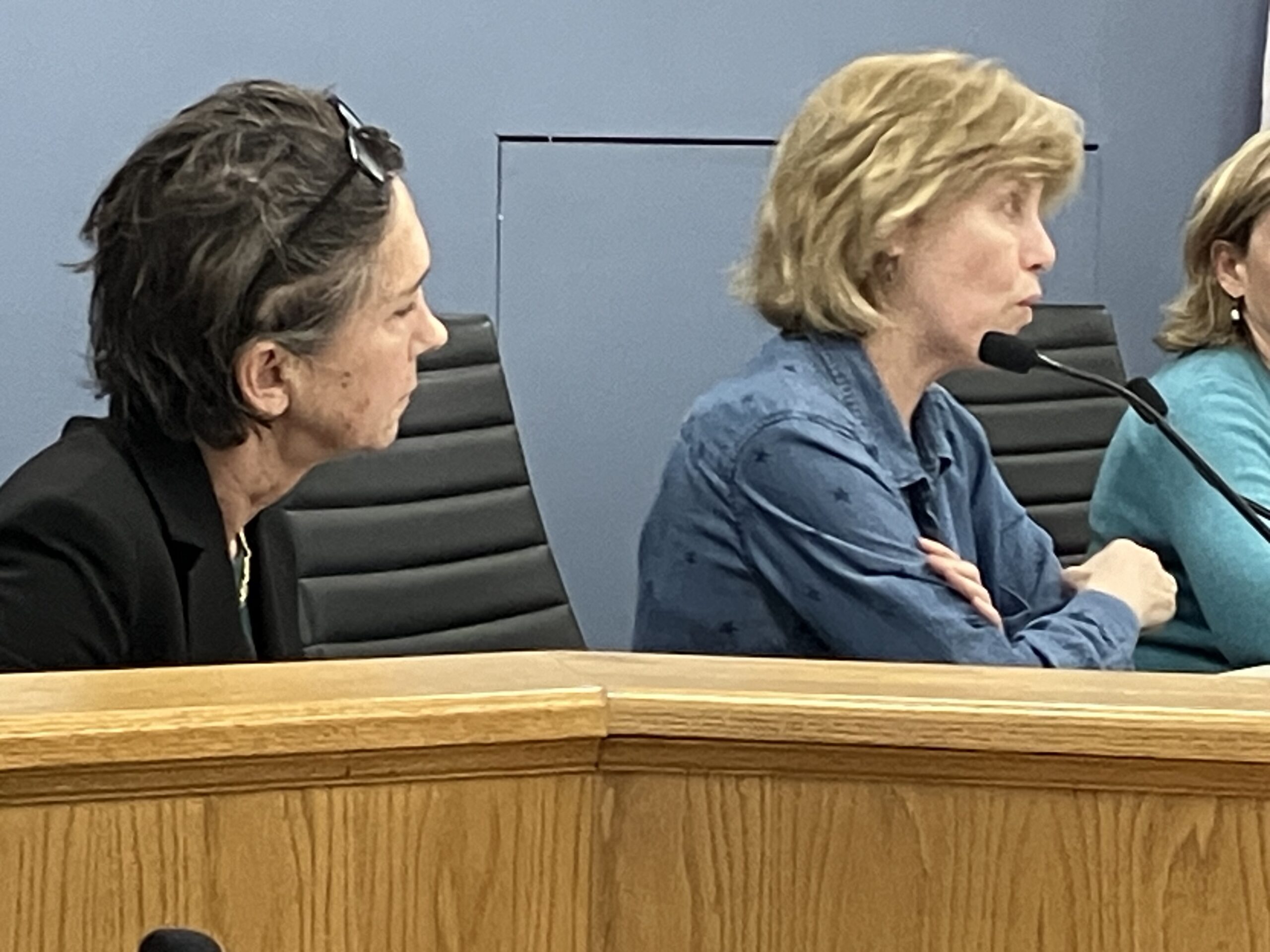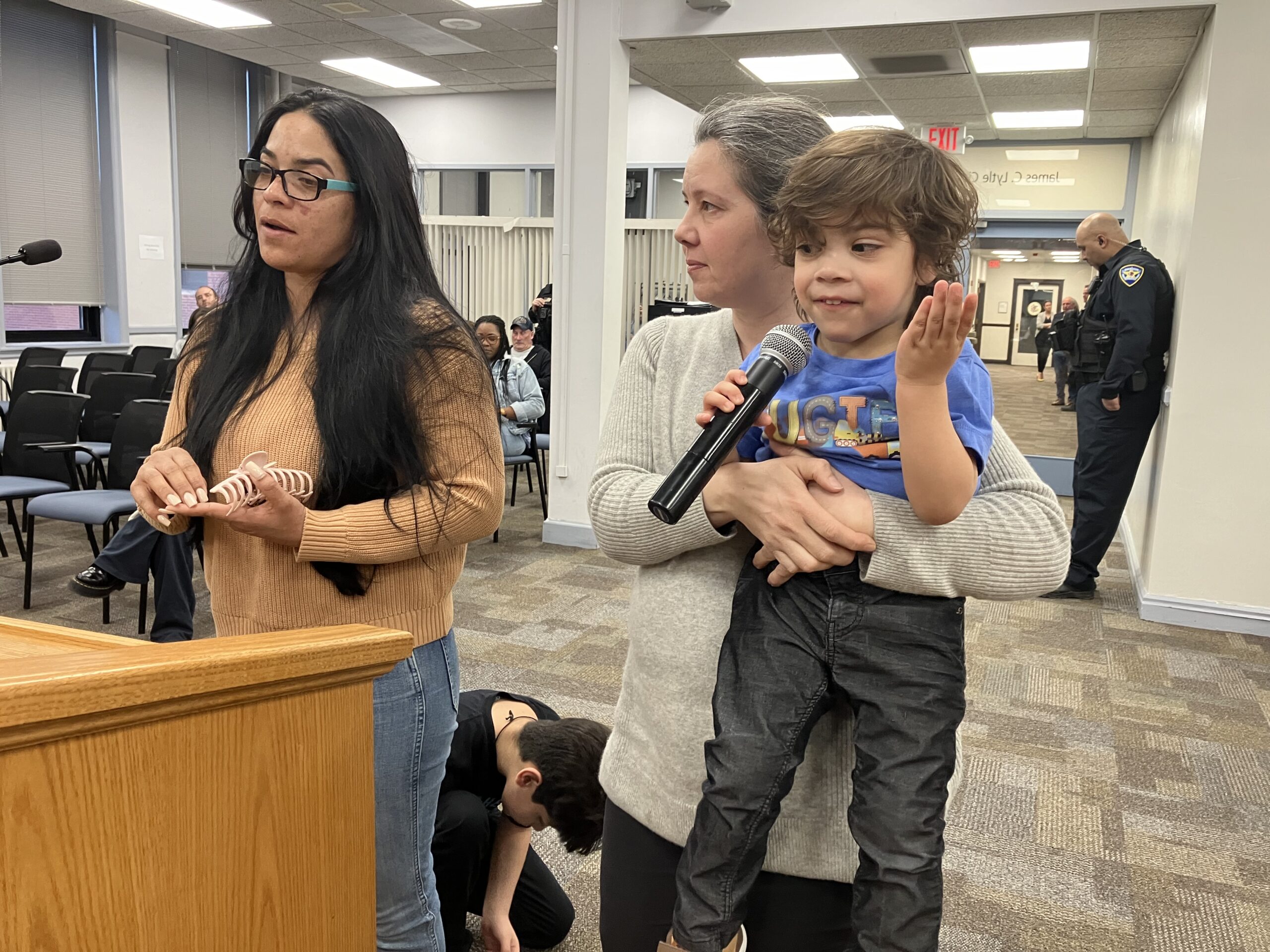By Bob Seidenberg
Members of the Evanston City Council’s Rules Committee were deadlocked Oct. 18 on whether to lower the number of votes needed to remove a future City Manager from the position, increasing the likelihood that requiring seven votes of the 10-member Council will stand as the rule.
The Rules Committee is composed of the nine Alderpersons and the Mayor — who has a vote on the Committee, whereas as in a City Council meeting, he has mostly a presiding role.
Rules Committee members voted 5-5 on whether to reduce the number of required votes to six, a simple majority, with the mayor, Daniel Biss, one of the five supporting the change. That vote would change to 5-4 if the issue were to go to the Council, where Biss would not be voting.
After the vote, Fifth Ward Council Member Bobby Burns, another who voted for the change, suggested the issue remain in the Rules Committee rather than advance to Council without a recommendation – and with the likelihood of defeat.
Evanston’s rule stands as an exception to other those of communities in the area, requiring a supermajority – in Evanston’s case, seven votes – to remove a City Manager, the chief executive of the city.
Voting in favor of the change, in addition to Biss and Burns, were Council Members Clare Kelly, 1st Ward; Devon Reid, 8th Ward; and Cicely Fleming, 9th Ward. Voting against the change and thus for retaining the supermajority rule were Council Members Peter Braithwaite, 2nd Ward; Melissa Wynne, 3rd Ward; Jonathan Nieuwsma, 4th Ward; Thomas Suffredin, 6th Ward; and Eleanor Revelle, 7th Ward.
Timing a key factor
Suffredin, critical of the “7” requirement in the past, said the timing was not right for the change.
The City Council only recently hired a search firm to conduct a search for a new City Manager, after Erika Storlie in the job less than a year, resigned, effective earlier this month.
“I think that a simple majority is the best policy,” Suffredin said. “But I also am mindful that our number-one priority right now is getting a City Manager and attracting as qualified a pool of applicants as possible. I really think that the right candidate would accept a simple majority as the threshold for dismissal. But we don’t even have a pool of candidates yet. I think anything that we do that diminishes the likelihood of getting good candidates and would prolong this interim period is not in the best interest of the city.”
Wynne, who, like Suffredin, did not take part in the first discussion, held at a meeting earlier this fall, argued that there are times when “super majorities have a place in city government.”
She said evidence of that are provisions in the City Code when super majorities are required, such as in the sale of real estate or a text amendment to the zoning ordinance, “and I think the reason for that is because it’s these are significant events that happened in the course of the city, and so there is a strong sense that not just a simple majority, but that a supermajority of the Council is willing to make that change and recognizes the significance of it.”
Further, she maintained that in the midst of a City Manager search, “We have engaged a search firm. And in fact, members of that search firm have advised us that taking this action now will be detrimental to our ability to recruit the best candidates for this search. If we would like to revisit this issue, perhaps two years from now when we are not engaged in a City Manager search, I would be happy to do that.”
Burns said he heard the opposite from the search firm.
“And what I was told was that most places don’t have supermajorities for the decision,” he said. “And because of it, it would not cast a net negative light on the process, and, in their opinion, limit the quality of our pool.”
Fleming, in her second term on the Council, said she has heard from Council Members maintaining, “This is not the right time.” She said that is not something she has heard from constituents, who were critical of how the search was handled last time.
“I think we will have a challenging time finding people for this job for a number of reasons,” she said. “I don’t know that is because of how many votes it takes.”
In the last search, she said, “a lot of citizens felt like they didn’t necessarily agree with our leadership. But there was not enough representation [of citizens in the process], in their opinion, for us to make a change in leadership,” she said.
“So, you know, there probably are people [candidates for the job] out there who feel like, ‘They [Council members] have five people versus seven people [as their rule]; I’m not going to go there.’
“But, hopefully, they would apply for this job thinking, ‘I don’t plan to be fired,” she said. [With] any job you go through, you can be fired for a number of reasons. So hopefully, they’re looking at this job, wanting to do a good job.”




